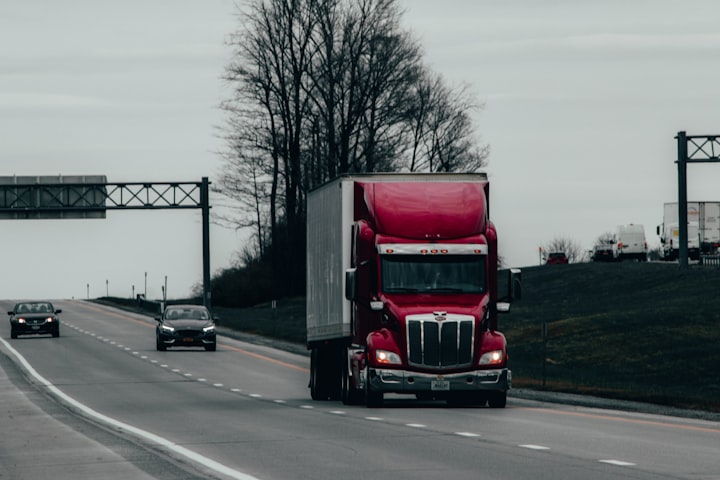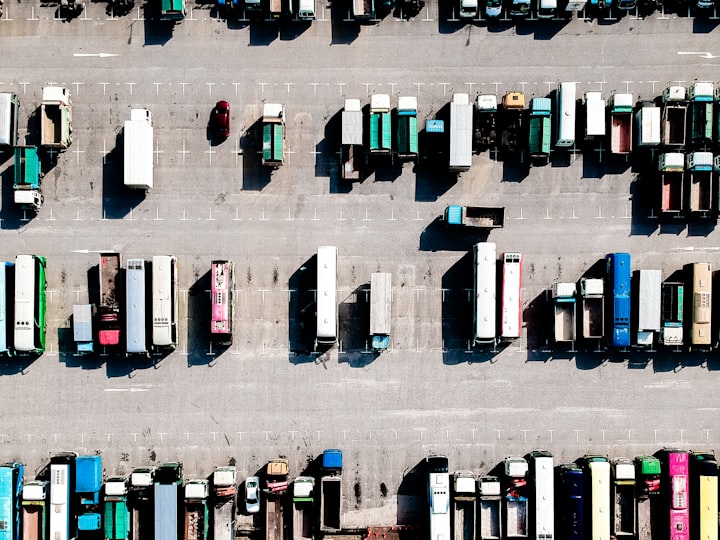Are electric HGVs really the way forward?
With combustion engines and fossil fuels being phased out quicker than ever, what is the future of trucking and logistics? Can EVs really pick up the slack?

The government plans to ban sales of new petrol and diesel fuelled HGVs from 2040. This basically gives the logistics industry 20 years to develop at least one feasible alternative. Electricity appears to be the main contender. It does, however, present some major challenges which will need to be overcome quickly if the government’s plan is to succeed. Here is a quick guide to what you need to know.
Emma Tyrer of Fleet Ex, specialists in quality ex-fleet/end of lease trucks and trailers, shares her thoughts on the future of trucking and logistics.
Batteries are the big challenge
It took years to develop batteries robust enough to power HGVs. Now, however, it is possible to buy electric HGVs with ranges of 200-500 miles. In principle, this should be more than enough to power an HGV for a day’s driving. In theory, the vehicle could then be left to recharge overnight, ready for the next day’s driving.
That’s all fine in principle. In practice, however, there are several potential snags. The most obvious one is the lack of charging infrastructure. This is a problem even in the consumer world and electric cars have much smaller batteries than HGVs. Realistically, this is an issue that needs to be addressed by governments and, to be fair, the UK government is definitely working on it.
Another potential snag is the fact that batteries can be heavily influenced by weather conditions. Their lifespan deteriorates quickly when temperatures drop. They can also overheat relatively easily when temperatures rise. Both could be potential issues in the UK’s climate. Even if the government upgrades the charging infrastructure, regularly having to stop for charging will add to journey times.
There is also the issue of weight. HGVs are regulated on the basis of their overall payload. If they have to carry heavy batteries for fuel, they will have a lower capacity for goods. This could drive up haulage prices. In principle, this issue could be addressed through improvements in battery technology. It will, however, remain to be seen whether this will have improved enough by 2040 to make a real difference.
The issue of infrastructure
The government has committed to rolling out extensive charging infrastructure prior to banning the sale of new petrol and diesel cars. As yet, it’s unclear whether it will use this as an opportunity to put in the necessary charging infrastructure for HGVs or whether it will do this as part of a later upgrade. It is also experimenting with powering HGVs through electric cables installed on motorways.
This is encouraging but, as always, details will matter. Filling up a fuel tank can be done in a matter of minutes. Recharging an HGV battery can take at least half an hour and that assumes a super-fast charger. With lower-grade chargers, it can take substantially longer. This can be bad enough for the driver of the vehicle however, it could be a whole lot worse for drivers in a queue behind them.
There is also the issue of driving outside the UK. At present, there is no real guarantee that the UK will have suitable infrastructure in place by 2040 and there is certainly no guarantee that other countries will do so. EU member states and some other countries may push for decarbonization. Other countries, however, may not be as concerned about it. This then raises the question of how to deal with international haulage.
Alternatives to electricity
The main competitor to electricity is hydrogen. At present, these can deliver ranges of up to 300 miles for a lot less weight than an electric battery. The problem, again, is recharging them. Currently, there are only a handful of locations where hydrogen-powered vehicles can be recharged. This could, however, be addressed as part of the decarbonization process.
Biofuels are also a possibility as are hybrid vehicles. Initially, these would probably be a combination of an electric battery plus petrol or diesel. Later, however, they could be a combination of electricity and hydrogen or a biofuel.
About the Creator
Andrea Easton
Andrea Easton is the Head of Finance and Operations at Fleet Ex who specialise in quality ex-fleet/end of lease trucks and trailers and are global leaders in the trucking industry.






Comments
There are no comments for this story
Be the first to respond and start the conversation.